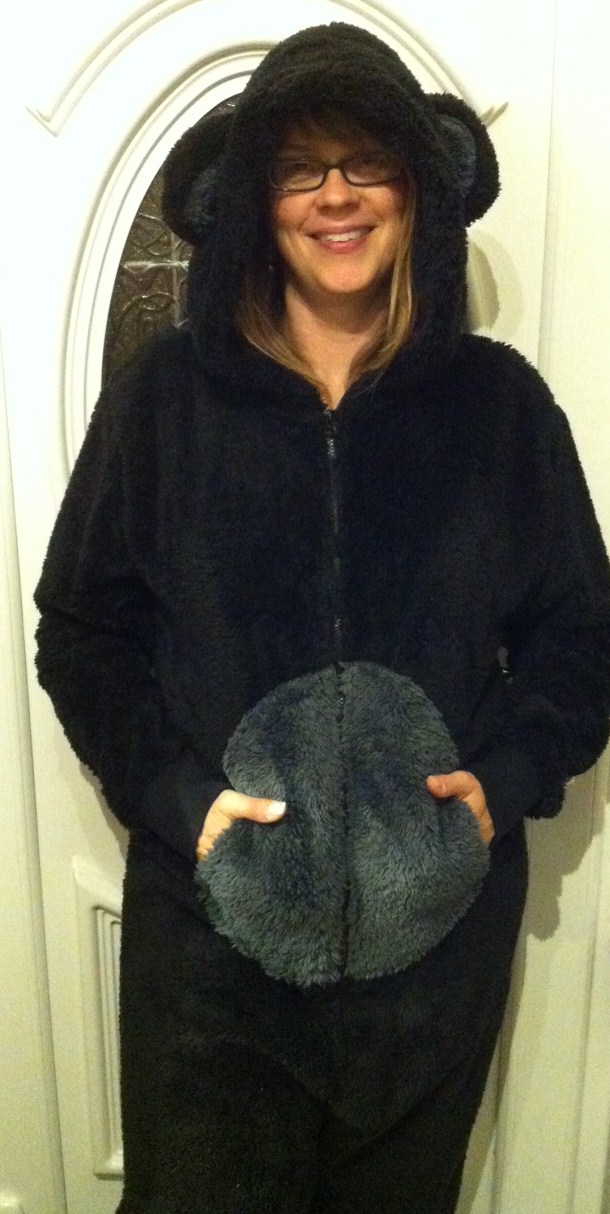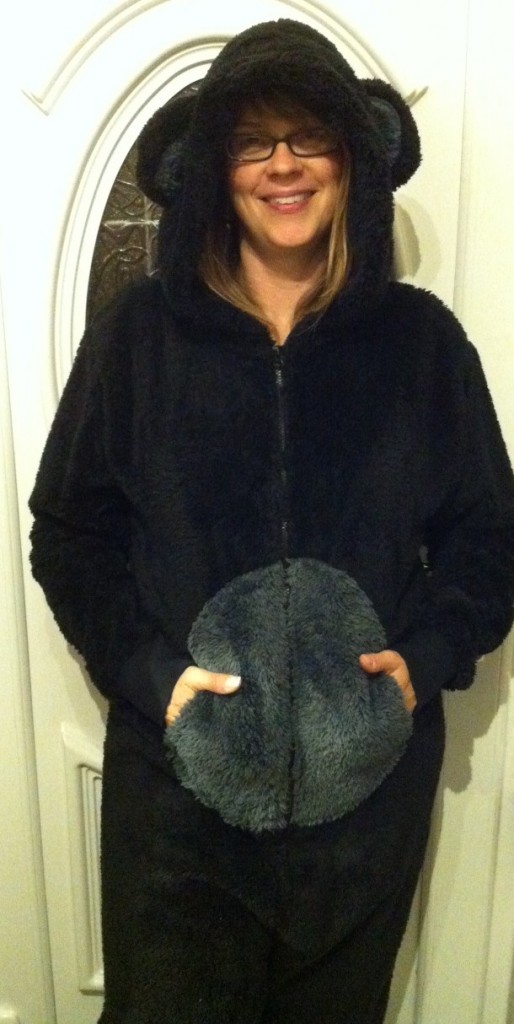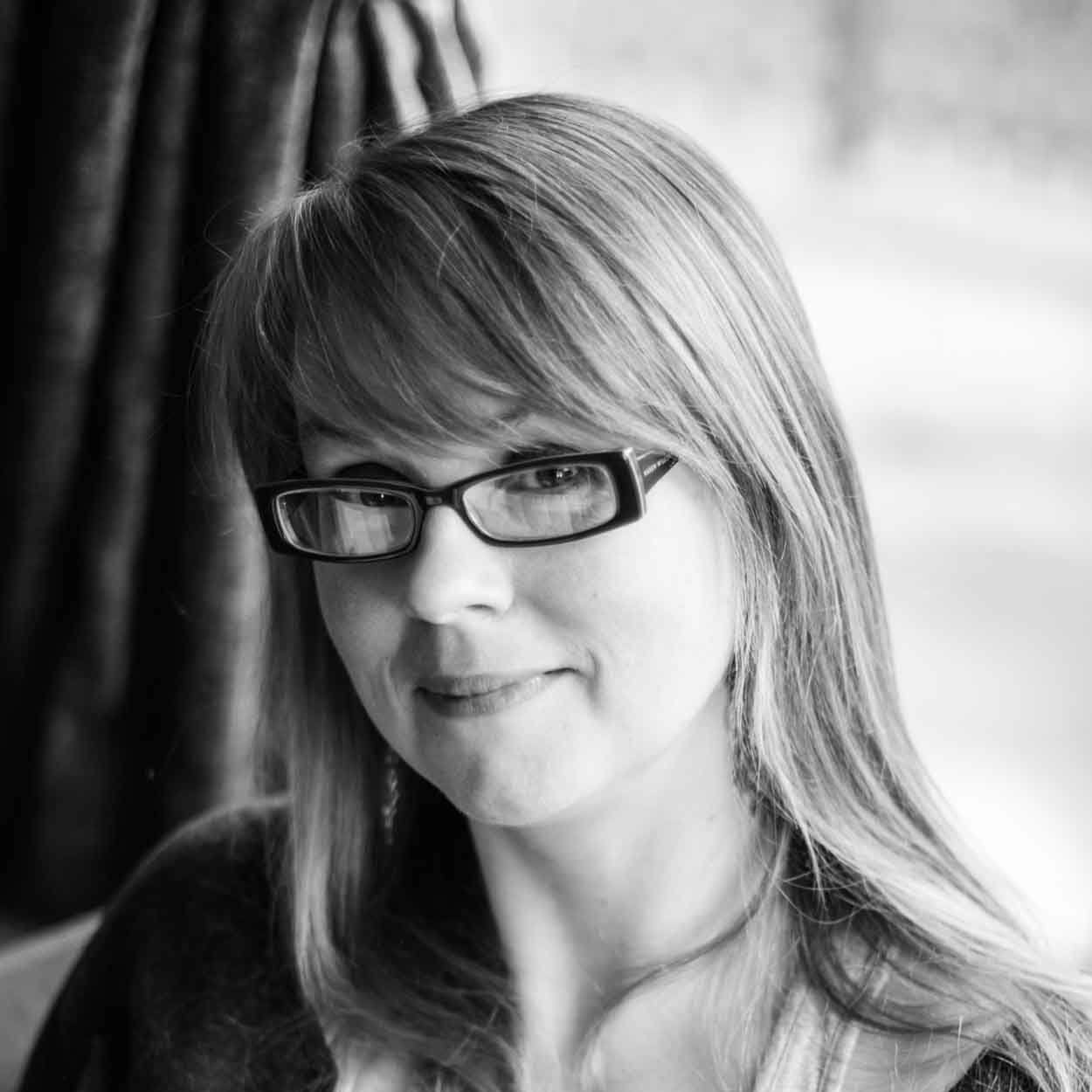When I submitted the Winchester competition article that I posted two weeks ago, I had to enter the competition under a pseudonym/pen name.
Fortunately a recent discussion with a friend meant I wasn’t at a complete loss as to how to choose one. She’d suggested combining your name with a colour, preferably beginning with the same letter – e.g. Mel Magenta or Mel Maroon – or by pairing the name of your first pet with the first road you lived on. That could be a bit risky – Fido City, Bumbles Station or Tiddles Pond are possiblities – but fortunately mine was Sandy Kennedy. I went for that on this occasion, although I don’t fancy it long-term.
In conversations with fellow (unpublished) writers, I’ve encountered a mix of opinions on whether or not they’d write under a pseudonym. One already has a pen name. Most are undecided. Another was very clear that the whole point of writing and being published was to see your name on the front cover of a book.
When I’m tempted to have a pseudonym, it’s mainly for the slight level of anonymity it’d provide. It is only very slight though, like wearing a mask to a party rather than a gorilla suit!
A gorilla onesie isn’t quite the same!
When I was reading “The Mortal Instruments”, I looked up Cassandra Clare on the internet to find out more about her and was surprised to discover the name was a pseudonym. Obviously in this Google age, I was immediately informed that the writer’s real name is Judith Rumelt. A pseudonym is not cast-iron anonymity (unless you’re Banksy), but it does mean you can introduce yourself, book a restaurant table or write a cheque without people instantly knowing who you are. However, this assumes that your name is quite well-known and that for some reason (a diminishing possibility in this day and age) that your real name is not equally as well-known.
As I’ve researched this post, I’ve discovered that a surprising number of writers have pseudonyms. Here’s a few – how many of them are you aware of?:
- Eric Arthur Blair – George Orwell
- Jim Grant – Lee Child
- David Cornwell – John le Carré
- Jonathan Freedland – Sam Bourne
- Stephen King – Richard Bachman and John Swithen
- Joanne Rowling – Robert Galbraith and JK Rowling*
*(Jo doesn’t actually have a middle name, but her publishers thought that young boys – the anticipated audience for Harry Potter – wouldn’t want to read a book about wizards written by a woman. They asked for two initials, so she added her grandmother’s – “K” for Kathleen).
One of the craziest ways I’ve come across to create a pseudonym is to use a website that will generate them for you (e.g. www.namegenerator.biz/pseudonym-generator.php). I had a go…
It offered me Ced Zegans, Elnora Ragsdale, Odella Mazziotta, Fraze Eden, and – just when I thought they couldn’t get any worse – Mufinella Khong. Apart from being completely mad, I couldn’t remember some of them long enough to flick between tabs and write them down in this post. Difficult to remember/spell is NOT something you want in a pen-name. While I won’t be using that site to find a pseudonym, it may become my first port of call whenever I’m in need of a weird and wonderful character name!!
More sensible methods include playing with your real name – e.g. William Dawson could become Will Daws – or using your middle name, maiden name, a relation’s name, etc. Initials are popular in the sci-fi and fantasy genres, a là C.S. Lewis, J.R.R. Tolkien and J.K. Rowling. Alternatively you can create a name from scratch, looking through books, newspapers and websites for inspiration.
The most acceptable reason in the writing world for having a pen name is when you’re already famous for writing in one genre, but want to begin writing a different genre. It provides a clear demarcation.
“…being Robert Galbraith has been such a liberating experience! It has been wonderful to publish without hype or expectation and pure pleasure to get feedback from publishers and readers under a different name.” J.K. Rowling’s statement when Robert Galbraith was revealed as her pseudonym.
If I don’t write wholly under a pseudonym then I would think seriously about using different (or slightly tweaked) names for different areas of my writing. Even though YA and children’s are closely related, I would want the difference to be clear to kids and parents. Jo Nesbo writes both crime thrillers and children’s books under the same name. I feel slightly uncomfortable that a kid who enjoys his books for younger audiences might pick up another book with Jo’s name on the front and get more than a bit of a shock from its content!
An essential consideration with pseudonyms is choosing a name you really like and can live with long-term. It also needs to be one you recognise and will respond to, so that when people refer to you at book signings or events you don’t ignore them. I missed my name on the Winchester Feature Article competition shortlist the first time I glanced down it.
Having and choosing a pseudonym doesn’t seem to be as simple as I first thought. Thankfully I have plenty of time before it becomes a pertinent issue (and at that point I’ll probably have advice offered from agents, editors and publishers as well).
Would you want to use a pseudonym? And what name would you choose if you did?
Similar Posts:
- None Found



 Hi, I'm Mel (you figured that out already though, right?!) and this is where I chat about things that relate to and inspire my writing, as well as share some of it.
Hi, I'm Mel (you figured that out already though, right?!) and this is where I chat about things that relate to and inspire my writing, as well as share some of it.